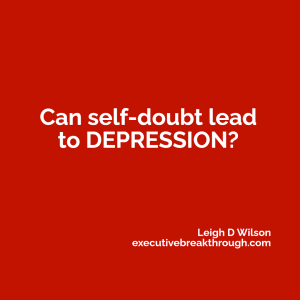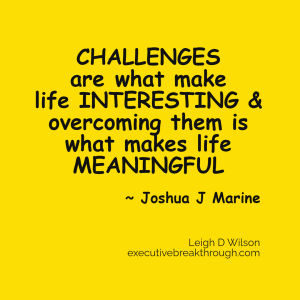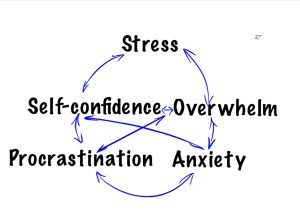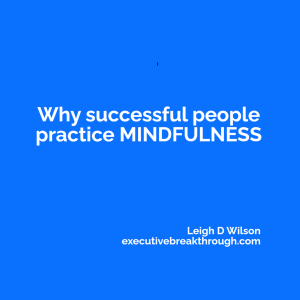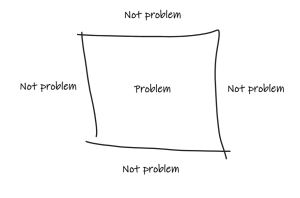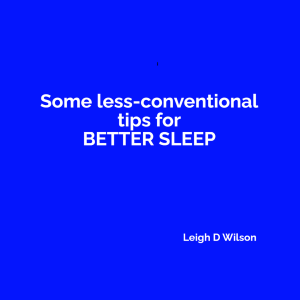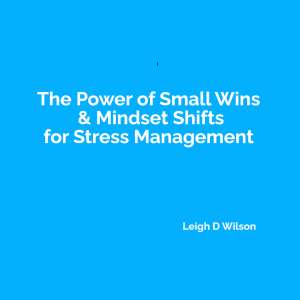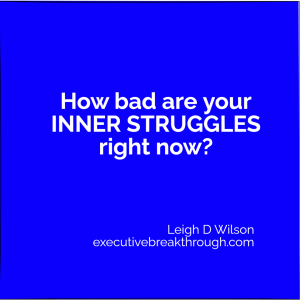When we try to change, our brain sometimes throws a wrench in the works. Without realizing it, we fall victim to psychological biases that can stifle our personal growth. Here’s a quick overview of five biases that may be keeping you stuck.
You might recall that I have written and spoken at greater length about the first two in past posts and videos:
- Cognitive Bias: Cognitive bias is a broad term for the systematic patterns of deviation from norm or rationality in judgment. In simpler terms, it’s when our brain takes shortcuts based on our past experiences, leading us to jump to conclusions. For instance, if you’ve failed at a task once and immediately think, “I’m always going to fail at this,” you’re letting a cognitive bias cloud your judgment. This can hinder us from trying again or seeing the situation from a new perspective.
- Confirmation Bias: Ever believed something so strongly that you only notice evidence that supports that belief? That’s confirmation bias in action. For example, if you believe you’re bad at public speaking and only remember the times you fumbled, you’re missing out on the instances you did well. This bias makes it difficult to recognize and celebrate our successes, thereby making personal change challenging.
- Status Quo Bias: Humans are creatures of habit, and this bias highlights our preference for keeping things the same. Change means stepping out of our comfort zones, and the status quo bias can make that step feel like a leap over a chasm. If you’ve ever thought, “Things are fine as they are,” even when they’re not ideal, you’ve felt the pull of this bias.
- Negativity Bias: This is our tendency to give more weight to negative experiences than positive ones. One negative comment can overshadow ten compliments. By focusing too much on the negatives, we can become discouraged from pursuing positive changes.
- Self-serving Bias: This bias involves attributing our successes to our abilities and efforts, but our failures to external factors. While it can be a defence mechanism to protect our self-esteem, it can also hinder personal growth. By blaming outside forces for our mistakes, we miss out on opportunities to learn and improve.
Understanding these biases is the first step to combatting them. Next time you face resistance to change, take a moment to reflect. Are one of these biases at play? Recognizing them can make the path to personal growth a little less rocky.
I am a stress and anxiety expert, so if you are troubled by stress and anxiety or other negative emotions that are making personal change difficult for you, let’s have a friendly chat about how I can help you quickly let them go.
#selfdoubt #worry #stress #anxiety #selfconfidence #overwhelm #procrastination #burnout


